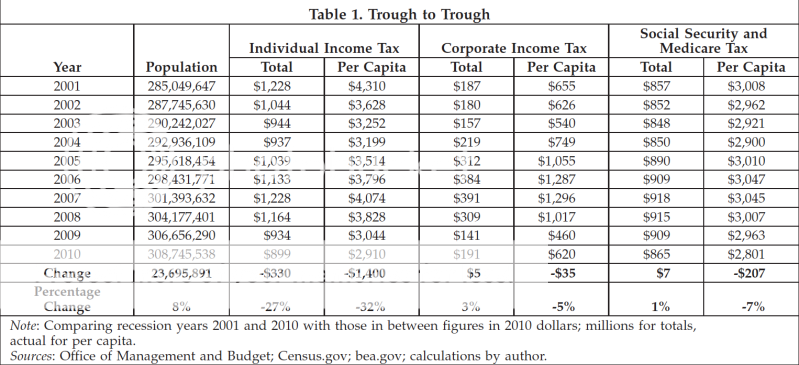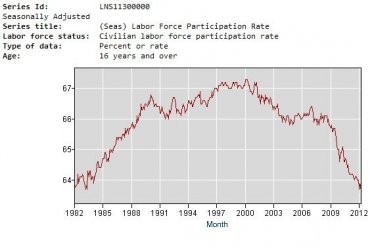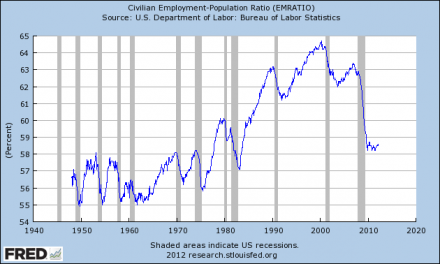Once you earn above standard deduction amount you should have to pay just like earned income. This tax money goes to pay someone else who will in turn invest it just as the tax payer would have. the investment is not lost.
too stupid!! that is identical to saying the money is not lost when it goes to China or Saudi Arabia because it is ultimately spent in America. You want the people who know how to earn capital gains to have more not less capital to invest.
People who get welfare checks don't make investments you blind dumb liberal illiterate!!
Not all tax money goes to welfare checks. A lot goes to middle class who put it into their savings account, IRA's or pensions which wind up right back in the hands of professional investors. Also money spent by the poor also winds up back in investors hands through various routs.
10 Wallstreet investment bank CEO's are not nearly as capible of investing to advance civilization as the minds of mulitple millions of middle class investors are. People who actually work or research for a living discover better ways to do things thus inventing a better life for everyone. A Wallstreet banker behind a desk invents nothing except schemes to defraud workers of their earnings & inventions. Please name something a Wallstreet banker invented that advanced civilization. All they do is invest in already proven sucessful business.
Friends, family & fools are the ones who provide the seed money for the R&D of invention. If these people have no excess money to invest, there would be a lot less innovation. You must build the middle class to advance civilization & wealth for all. Steve Wozniak, Steve Jobs, Bill Gates, Elon Musk, Nikola Tesla, Mark Zuckerberg, George Washington Carver & Henry Ford did not come from money & were not rich when they changed the world for the better. They got rich after they changed the world. Giving rich people money destroys innovation. Investing in hungry inventors is the secret to success. Wall street's "financial innovations" have wrecked the economy. To much money in to few hands kills productivity & innovation. To much greed is not good.
[ame="http://www.youtube.com/watch?v=u6XAPnuFjJc"]The surprising truth about what motivates us[/ame]
Last edited:





